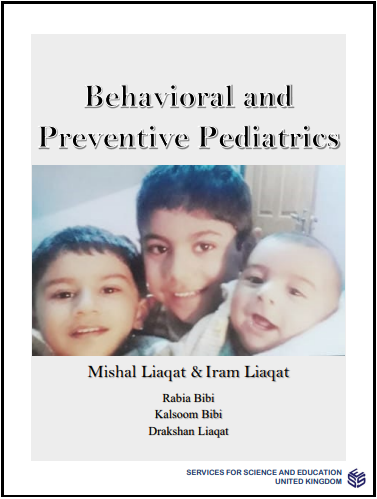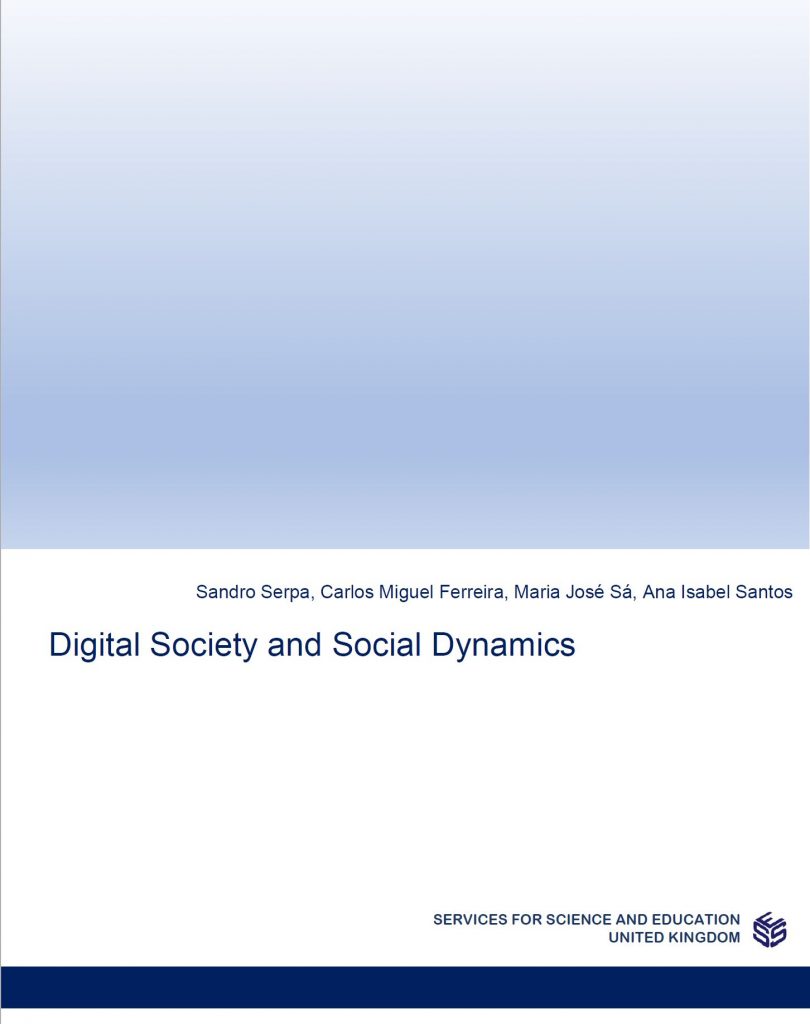When we talk about anthropological linguistics, the first thing we have in mind is the term “anthropology” aside from linguistics, of course. If we dwell on this “anthropology” term, what we have in mind is the word “culture”. Now, just what do we mean by “anthropology”? Yes, we know that you can immediately have a Google search for the answer. For the time being, we will settle on anthropology as the scientific study of man and lower animals. However, for our subject in Anthropological Linguistics, we’ll just focus on humanity, that is, about us being human. If we add culture to our being human, we’ll be humane, and this is very important. So let’s settle with this: Anthropological Linguistics is a subfield of Linguistics that deals with language in the anthropological point of view. This differs from Linguistic Anthropology which is a subfield of Anthropology along with Cultural Anthropology (or Ethnology), Social Anthropology, and Psychological Anthropology . We need not define what “Linguistics” is (scientific study of language) by the way, so we go directly to the marriage between the two: Anthropology + Linguistics = Anthropological Linguistics. Hey, for the record, though many “cultured” people would think of “Anthropological Linguistics” same as “Linguistic Anthropology”, we still maintain that they’re in a way different as “emotion” differs from “feelings”. For the sake of discussion, the first one (anthropological linguistics) describes “linguistics” as anthropological. The second one (linguistic anthropology) describes “anthropology” as linguistic. When personalities major in English (language), and not 10 anthropology, they settle for Anthropological Linguistics. Nevertheless, they are not to disregard “linguistic anthropology” right away because it is still linguistics. Well then, note that it is not a choice between a person who looks like a monkey and a monkey that looks like a person. We’re talking about the same person in two different attires at one time and another. It’s also like dealing with the difference between “Psychology of Language” and “Psycholinguistics”. Ever wonder what’s the “first love” of “Linguistics” before marrying “Anthropology” to have this “Anthropological Linguistics” union? It’s culture. Yes, we cannot just say “Cultural Linguistics” because we know for a fact that “culture” is also present in some other “married” disciplines like sociolinguistics and psycholinguistics



